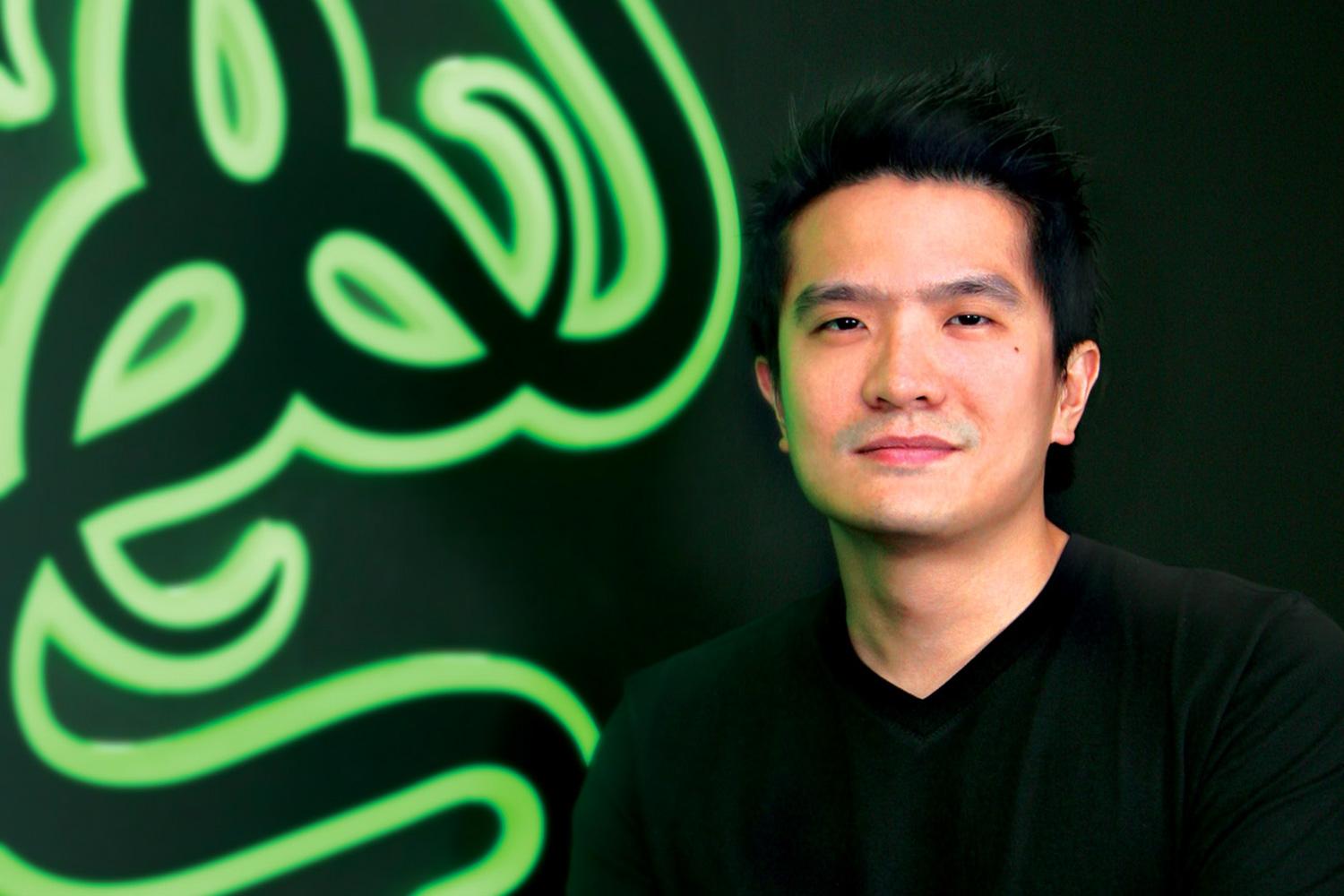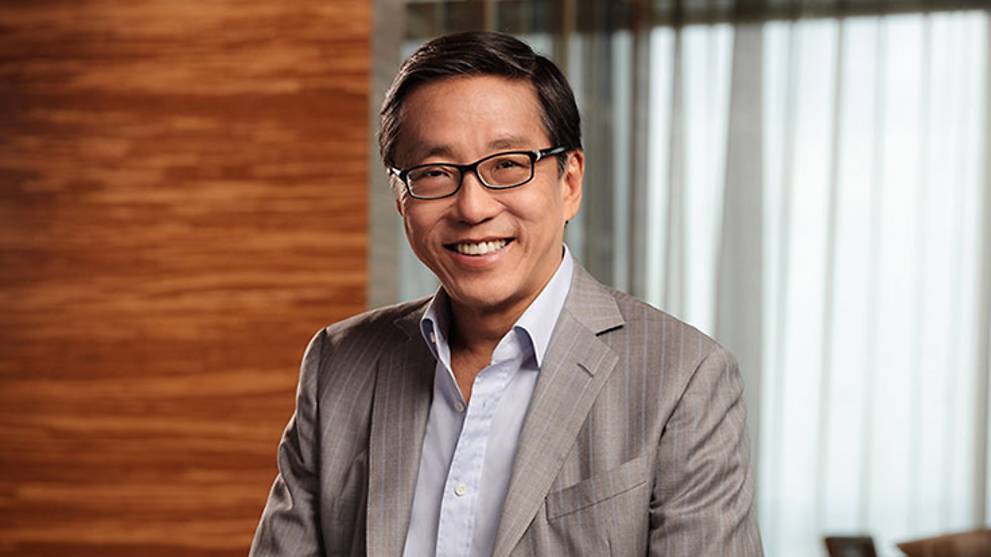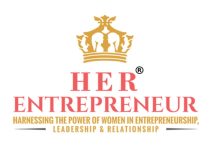This year, Singapore is ranked 2nd in ‘Ease of Doing Business” according to World Bank’s Annual Doing Business 2018 report. With much support from the government for start ups, there are many locals that are beginning to start their own companies in the homeland, but there are still a considerable amount of Singaporeans going overseas to start their own business or expand their company despite being in a unfamiliar environment. Let’s look at some of our home-grown entrepreneurs that decided to take the plunge to build their business overseas.
 (Photo credits: Inquirer.net)
(Photo credits: Inquirer.net)
1. Charles & Keith Wong, Founders of Charles & Keith
Brothers Charles and Keith Wong were once young teenage boys that helped out at their mother’s shoe store at Ang Mo Kio After learning the ropes and gaining business experience from the store, they decided to start their own shoe business with their very first outlet, ‘Charles & Keith’, at Amara Shopping Centre in 1996.
According to their website, ‘Charles & Keith’ was founded with a vision to empower women around the world to express themselves freely through fashion. The brand pushes the boundaries of modern footwear and accessories by constantly reinventing fashion with its curated collections.
2 years after their opening, the brothers expanded their business overseas venturing into Indonesia, Taiwan, Philippines and Dubai. One of their first problems when they went overseas was facing the Asian financial crisis (1997-1998) – when they started to distribute their line of shoes to Taiwan in 1998. In the same year, they opened their first international store in Indonesia, who was also hit badly by the crisis. Many factories in the region did not do well and ‘Charles & Keith’ decided to enter and work directly with them to gain further control over the design and production process. (Source: Charles and Keith)
Today, both Charles & Keith and PEDRO has expanded to online shopping at their websites and they own more than 600 stores worldwide with more than 5000 employee all over the globe – Asia Pacific, the Middle East, Europe and the United States of America. In addition, they have more than 30 factories in Malaysia and China making shoes exclusively for them. They currently also have a high-profile partnership with Louis Vuitton Moet Hennessy (LVMH).
 (Photo credits: Wired.it)
(Photo credits: Wired.it)
2. Min-Liang Tan, Founder & CEO of Razer
At just 27 years old, Min-Liang Tan, Founder of Razer, quit his job as a lawyer and started his own gaming company in 2005 with Mr. Robert Krakoff in San Francisco with the company’s motto is “For Gamers. By Gamers.” Razer has now sold millions of gaming laptops, mice, fitness bands, tablets and even launched their first smartphone. He listed the firm in Hong Kong in November 2017, raising $529 million which increased his net worth to US$690 Million and he is now ranked No. 41 in Forbes’ list of Singapore’s 50 Richest 2018. And no. 1999 in the Billionaires 2018 list.
With reference to their website, the triple-headed snake trademark of Razer is one of the most recognized logos in the global gaming and esports communities. With a fan base that spans every continent, the company has designed and built the world’s largest gamer-focused ecosystem of hardware, software and services.
His passion for gaming started when he played a lot of computer games on the computer and at a video arcade with his brother during his younger days. He claims that both of them would hog the computer to play games and rush to cool the machine down a cold cloth before their mother came home. (Source: The Straits Times)
Even though he faced strong competition from other big players of the industry such as Logitech, Astro Gaming and Polk, Razer has triumphed as the leading lifestyle brand for gaming due to its unique selling point as distinguishing themselves as a so-called platform company rather than a pure product manufacturer. In an interview, he mentioned that they were able to integrates the software with the hardware well and their ability to identify how gaming has become a larger subculture over the years led them to their success. He also mentions they focus on pushing core technology instead of just “participating in the industry”. (Source: Fortune)
Today, Razer has 2 headquarters – in San Francisco and Singapore, 15 offices worldwide, a design centre in Taipei and is recognized as the leading brand for gamers in the USA, Europe and China. Razer is also expanding in Asia with the acquisition of MOL Global, a Malaysian virtual currency firm and collaborations with SingTel, Lazada and China’s JD.com.
 (Photo Credits: Banyan Tree Holdings)
(Photo Credits: Banyan Tree Holdings)
3. Ho Kwon Ping, Founder of Banyan Tree
Once a prisoner in Singapore for writing controversial articles, Ho Kwon Ping is now the founder and CEO of The Banyan Tree, a chain of luxury hotels and resorts based in Asia. What inspired the name his company was when he worked as a journalist in Hong Kong’s ‘Banyan Tree Bay’ for 3 years after he was released from prison in Singapore. He wanted to choose a name that represented “romance and intimacy”, which was in essence, the Banyan Tree.
When his father suffered a stroke in 1981, he took over the family business and transformed a contract manufacturing business to a hotel business. In 1984, he and his wife bought a coastal land in Phuket that used to be a tin mine. Prior to the purchase, they did not do much research on it and their only involvement with hospitality was only as travellers. Despite that, they were confident that the land had potential after a thorough clean-up and cleansed the acid-laden soil by planting more than 7000 trees. He took up this opportunity and came up with the brilliant idea of building villas with their own individual swimming pool instead of hotel rooms. This led to one of Banyan Tree’s feature attractions – the hotel spa. Once it was done, it became their first Banyan Tree resort in 1994. (Source: BBC)
However, entering the hotel industry was not a bed of roses for him. He had problems with consultants quitting because they refused to adapt the tropical spa from the European model for his hotel spa concept. Furthermore, they were hit with business challenges from the world events such as Severe Acute Respiratory Syndrome (SARS) in 2003, the Southeast Asian tsunami of 2004 and financial crises of 2001 and 2009. 9 out of 20 of their resorts was also hit by the Indian Ocean during the tsunami in 2004 too. It caused them a lot of damage and affected the business drastically. In 2015, Banyan Tree was in financial trouble in China due to higher provisions for sketchy debt which mostly are from unpaid management fees by cash-strapped hotel owners in China. Banyan Tree had to tackle this situation by cutting some 160 of its 1,400 jobs in Singapore, Bangkok, Phuket and Shanghai in early 2016. (Source: Vulcanpost.com)
Based on their website, “Banyan Tree Hotels & Resorts has grown into one of the world’s leading international operators in the hospitality and spa industry that manages more than 40 resorts and hotels, 60 spas, 70 retail galleries and three championship golf courses in 28 countries.” These resorts and hotels are located in 14 countries on three continents and the group offers a multi-faceted travel and leisure experience through its 37 resorts and hotels, 68 spas, 81 galleries and three golf courses. He is a firm believer of branding and flexibility as key factors in global expansion, though he mentions that this is particularly difficult for Asian businesses.
Taking your business overseas may bring about many obstacles in an unfamiliar environment, and sometimes there will not be proper support too. In spite of that, we have to remember that there is no success without hardship – once you’ve braved the tough times, you, too, can be on the next Forbes list.
If you’re keen to meet fellow entrepreneurs, do join us at the next networking session on 16 January 2019. Tickets can be found at https://heranniversary2019.peatix.com/
Do follow the H.E.R Entrepreneur Facebook page and visit our event page for more information.
For inquiry on membership or any other queries, do contact us at [email protected].
